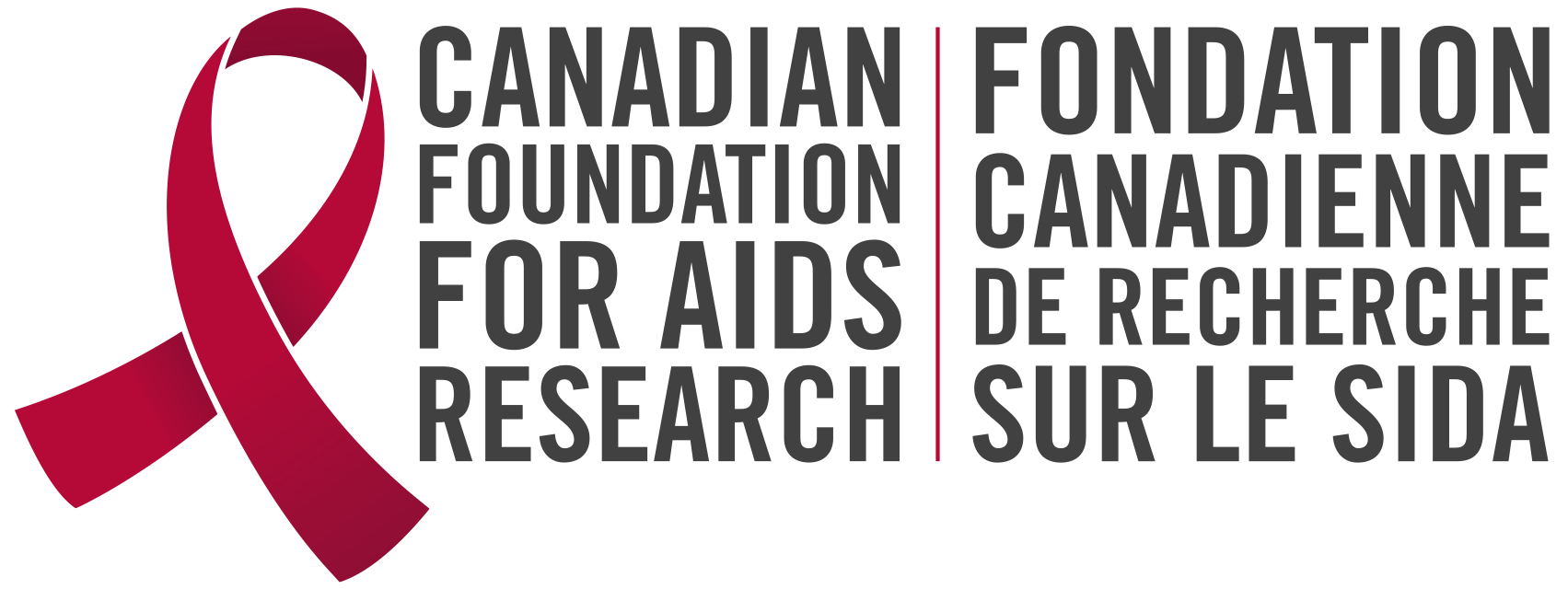Q5 Columnist and CANFAR Youth Ambassador, Muluba Habanyama and Manager of the Postdoctoral Fellowship Program and Committees at the Canadian HIV Trials Network, Jacquie Sas – met up in March in Winnipeg at the Canadian Association for HIV Research Conference.
1. Can you tell me more about the Canadian HIV Trials Network (CTN) and your role there?

The CTN is an enormous partnership of clinical investigators, physicians, nurses, and people living with HIV. We partner to run clinical trials and research of the highest ethical and scientific standards. I manage the Postdoctoral Fellowship program which we created in 1992 to increase the capacity of young physicians and biostatisticians to have a bigger platform to support the HIV epidemic. Furthermore, we created an international side in 2010, and we’ve been extremely successful in securing some of the most prominent HIV researchers worldwide.
I also manage the peer review committees of CTN, including the Community Advisory Committee and the Scientific Review Committee. The Community Advisory Committee was created in 1993 to ensure guidance from a community perspective. We have an amazing group of people and there is not one day that goes by without me thanking them and acknowledging the incredible work and commitment of the team. The Scientific Review Committee is composed of clinicians, statisticians, and community physicians as well as community advisory committee representatives, who all review the science.
I also manage the Steering Committee which organizes the direction of approved studies. It’s very entertaining and I really am passionate about what I do.
2. That’s amazing! You have a lot to do – I imagine you’re a busy woman. It sounds like the Postdoctoral Fellowship program is a success. Can you tell us why does this matters?
It is a huge advantage. Young physicians that are coming out of residencies or PhDs a have a platform in which they can network with a group of scientists from across Canada. The fellowship acts like a salary that protects their time (75% of their time has to be focused on the proposed area of research) and also provides opportunities like conference attendance so they have the ability to network with senior scientists that otherwise they might not be able to meet. Most of the Postdoctoral Fellows are speakers or presenters here at CAHR. It is a small community but we have really an amazing lure of physicians.
3. Absolutely. So, how does research process work?
HIV research is very onerous and it takes about two years to set up a clinical trial. Even the smallest trial takes a long time! A database has to be developed, there are case report forms to be created – as well as visits and the participation of communities, engagement to be promoted, and, finally the knowledge translation. Then there are manuscripts and the publications. It takes years! Some studies that started in the ‘90s are only being published now.
4. The impact that it has is incredible. What is the connection between CANFAR and Canadian HIV Trials Network?
We wouldn’t be as successful as we’ve been without the funding from CANFAR. CANFAR has supported us since 1997. Without CANFAR, we wouldn’t have as many projects that are investigator driven, which is important for the participants themselves and the community because often they are not necessarily the first priorities for some of the funding from industry or biotech companies. The Canadian HIV Trials Network is able to help support those studies when there is the primary source of funding, like with CANFAR. Specifically, for the Postdoctoral Fellowship program, CANFAR is supporting a full fellowship which means stability allowing researchers to become independent investigators, while also allowing them to feel more supported and to be connected.
We are extremely happy and we congratulate them all in their success. Without CANFAR many of these researchers wouldn’t have had that bridge that helped them forward their career. Support CANFAR, – the money is well spent, I can tell you that!
CANFAR’s support is invaluable. We partner as national partners; we partner because we have the common goal.
5. We’ve definitely come a long way, but there is still so much to be done. How can people get involved?
We do calls for nominations from time to time for the Community Advisory Committee. We need to facilitate the expansion of participation to involve the broader spectrum of key populations. We have representation from have indigenous peoples, people living in rural areas, men who have sex with men – we need to include the whole scope of people who are affected by HIV.
